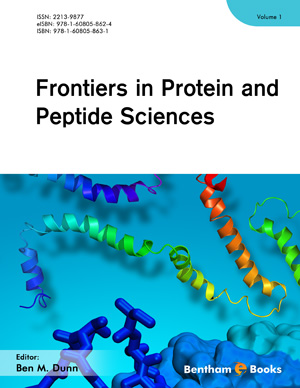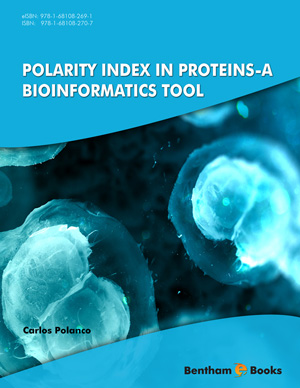Abstract
Plasmodium falciparum, an obligate intracellular parasite and causative agent of malaria, exhibits an atypical metabolic organization of proteins which are diverged extensively from their homologues in other organisms. This divergence makes homology-based on structural and functional annotation of the proteins difficult. With an emphasis on determinant aspects such as domain duplication, divergence and domain splitting, we provide a comprehensive basis to understand the significance of sequence divergence observed in metabolic proteins of P. falciparum. Such a pronounced sequence divergence in proteins renders the homology-based annotation transfer nontrivial. Additionally the unavailability of function annotation for about 40% of the parasitic proteome poses a limitation to understand the physiological basis of metabolic flexibility exhibited by the parasite to facilitate its multi-host survival. Thus, detection and exploration of remotely related homologues with the help of highly sensitive sequence search techniques become indispensable. Employment of a combination of highly sensitive profile-based approaches has enabled enhanced structural and functional characterization of metabolic proteins along with identification of proteins potentially involved in metabolic pathways. An enriched function annotation of the parasitic protein repertoire not only facilitates recognition of putative pathway proteins but also paves way for prioritizing targets for chemotherapeutic interventions.
Keywords: Metabolic enzymes, metabolic pathways, Plasmodium falciparum, protein evolution, remote homology detection.










